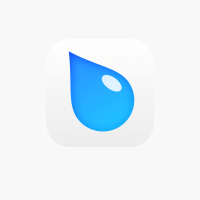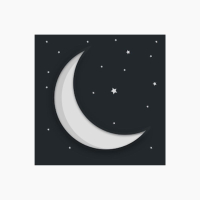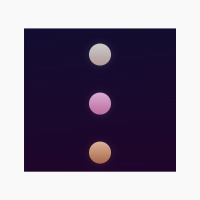What is brown noise for sleep and does it work? I tested it for a week to find out
What is brown noise for sleep? I tried it for a week to find out if it really works
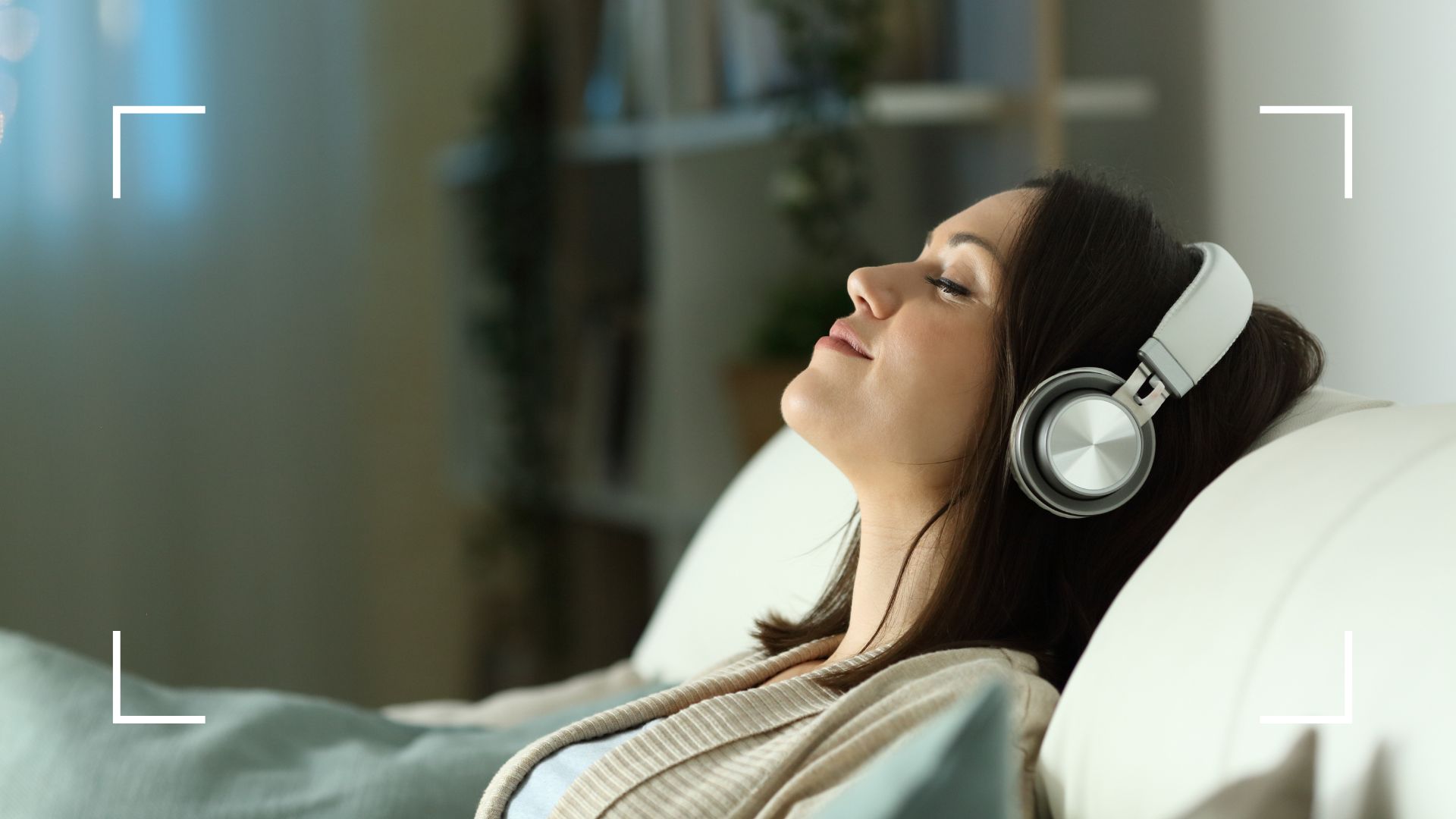

Brown noise for sleep has been praised as the best natural sleep aid recently, thanks to a viral trend on social media. While this particular type of noise has been used in sleep therapy for years, alongside white and pink noise, its benefits are just becoming widely known.
The hashtag #brownnoise on TikTok alone has garnered over 74.2M views and according to fans, it can silence your internal monologue and remove any distractions, making it particularly appealing to those with attention deficit hyperactivity disorder (ADHD).
After battling through a few nights of broken sleep thanks to the heatwave, I came across the trend on my own Instagram page and thought I'd give it a go. As a health editor with years of experience testing out stranger health trends, like the various ways to improve your sleep hygiene and learn how to sleep better, there was nothing to lose. To explore all the supposed benefits of brown noise for sleep, I put it to the test for a week by listening to the noise via an app every night before I went to sleep - and I was pleasantly surprised by the results.
What is brown noise for sleep?
Brown noise for sleep, also called red noise, is a low-frequency sound like crashing waves that come with a storm or heavy rain, explains Dr Olivia Arezzolo, a specialist sleep coach and advisor. "It masks background noise which can otherwise disrupt sleep, like a leaking tap, and enables the brain to move into a slower and more rhythmic brainwave pattern which is more conducive to sleep," she says. In this way, it's very similar to pink noise.
Does brown noise help you sleep?
Yes definitely. While there's not too much specific research on brown noise for sleep, there are findings from several surveys (including one conducted by the University of Sheffield) of those with serious sleep problems that show more than 50% found noise to be one of the best sleep aids.
Dr Arezzolo, who is also Mute Snoring's ambassador, says that this could be for two reasons. Firstly, brown noise blocks out other intrusive sounds in the sleep environment, and secondly, it causes the brain to move in slower patterns. "As deep sleep requires slower brainwaves, moving into this state prior to sleep enables us to fall into deeper sleep earlier in the night. This can help us wake up feeling refreshed in the morning."
From the first night trying the brown noise for sleep app, I felt a shift in my bedtime routine coming. Within about five minutes of lying down with the sound coming from my phone on the bedside table, I felt my eyelids grow heavy. I was practically asleep before I could turn off the sound to prevent it from playing all night long. Whether this was really because of the meditative effects of the noise or because the sound of heavy rain was a welcome break from the struggle of how to sleep in the heat, I don't know. But either way, placebo or not, it definitely worked for me on the first night and for the following six nights.
Sign up to our free daily email for the latest royal and entertainment news, interesting opinion, expert advice on styling and beauty trends, and no-nonsense guides to the health and wellness questions you want answered.
However, brown noise for sleep isn't a long-term solution for sleep issues. If you're struggling with sleep or experiencing insomnia, speak to your doctor.
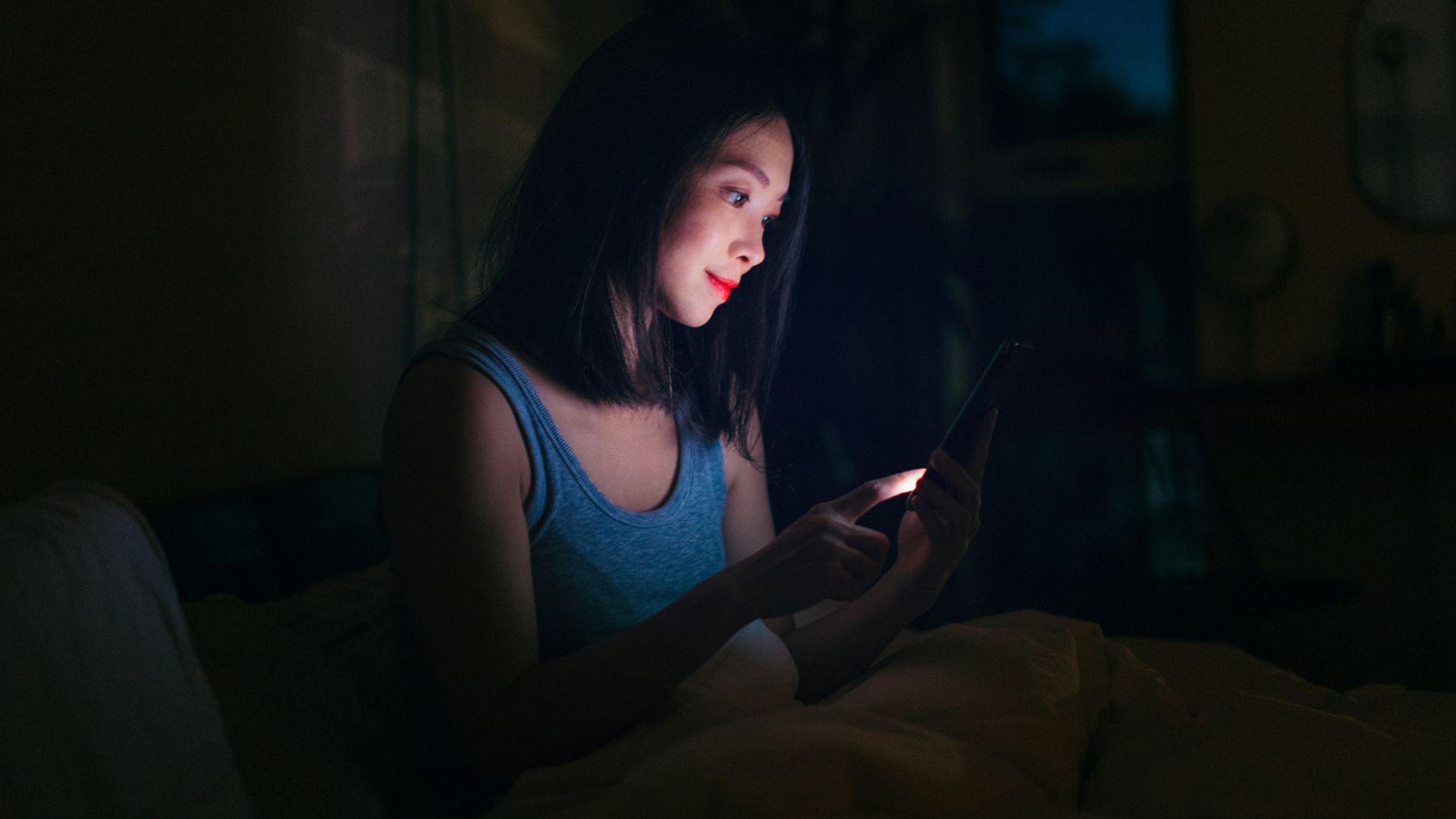
What's the difference between brown, white and pink noise?
- Brown noise: Brown noise is a deeper bass-like tone than pink or white noise, Dr Arezzolo says. "The sound level decreases as the frequency goes up more than it does in pink noise."
- White noise: Contains all frequencies found in the spectrum of sounds you can hear in equal parts. "The mix of sound frequencies creates a static-like sound, such as a fan or air conditioner," she says.
- Pink noise: A consistent frequency that's more even, like steady rain. This is the middle ground between the two. "Its added depth and lower waves filter out higher sounds," Dr Arezzolo says.
Is one better than another? There's not enough evidence to say, says the sleep specialist, but one may be better suited to some people. "It's possible that an individual can have an anxiety-provoking neuro-association with a specific sound, like rain for example," she explains. "If this is the case, playing this noise will only increase sleeping problems."
Best brown noise sleep apps to try
1. Rain Rain Sleep Sounds
This was the app I used to listen to brown noise and while it's not a dedicated brown noise app, there are over 100 sounds to choose from - many of which are low-frequency brown noises. My favorite were the ocean waves but there's crackling fire, rain on a tent, thunderstorm, and so many others to choose from. Free to download.
2. White Noise Deep Sleep Sounds
This is technically a white noise app but there's plenty of brown noise sounds on the app - including heavy rainfall, ocean waves, and thunder. The best feature is the customization options: include a fader, oscillation, queue up your sounds, auto play new sounds, schedule sounds, and more. As one of the best mindfulness apps, it's free to download with in-app purchases.
3. Noise Machine - Brown and Pink
This app allows you to listen to sounds for five minutes before you have to pay to upgrade, which is all the time you need if you just want to test out brown noise for yourself. If you 'unlock app for life', you can listen to all three sounds (white, pink and brown) for an unlimited amount of time.

Grace Walsh is woman&home's Health Channel Editor, working across the areas of fitness, nutrition, sleep, mental health, relationships, and sex. She is also a qualified fitness instructor. In 2025, she will be taking on her third marathon in Brighton, completing her first ultra marathon, and qualifying as a certified personal trainer and nutrition coach.
A digital journalist with over seven years experience as a writer and editor for UK publications, Grace has covered (almost) everything in the world of health and wellbeing with bylines in Cosmopolitan, Red, The i Paper, GoodtoKnow, and more.
